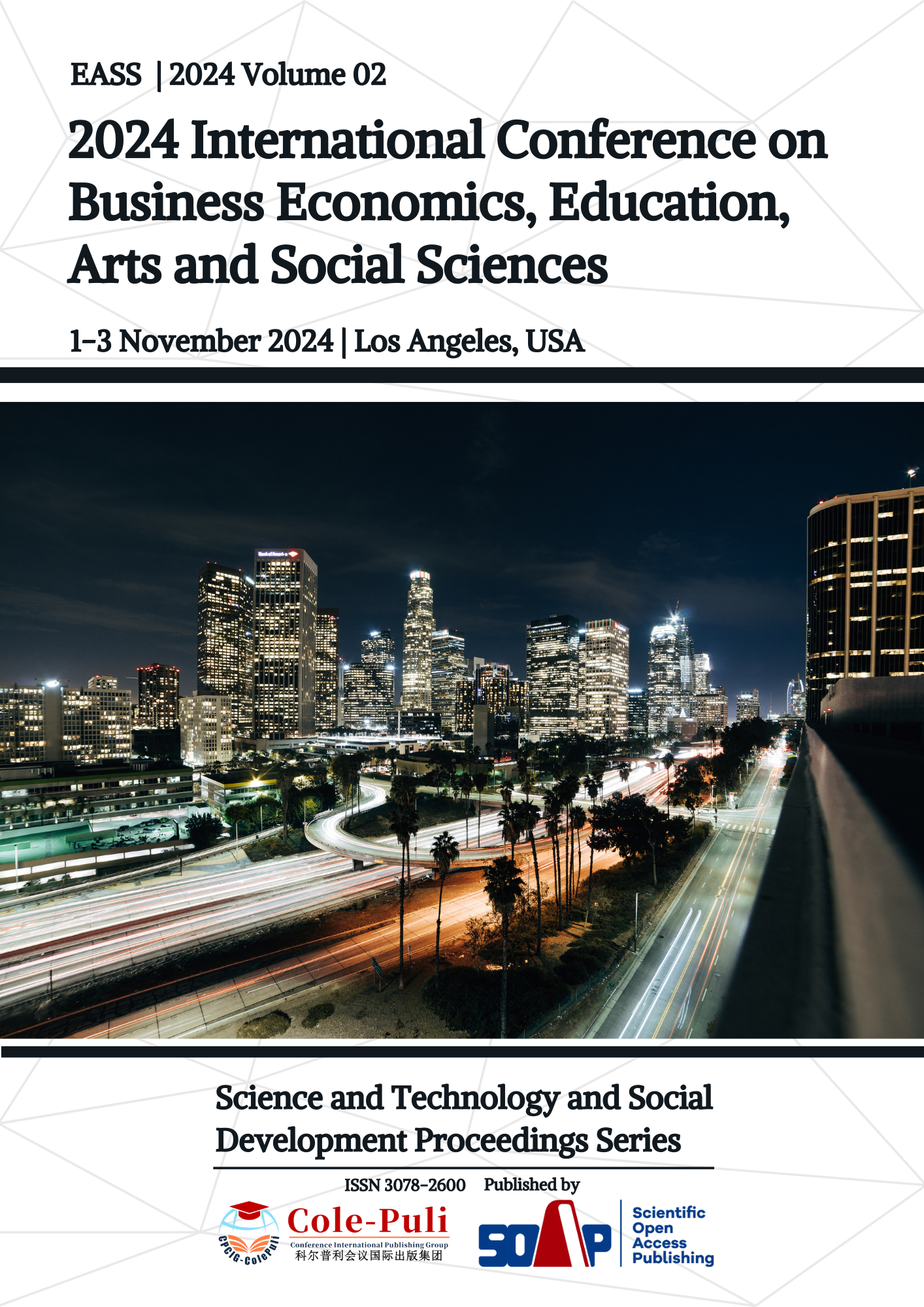Shifting Research Paradigms in Educational Research: From Positivism to Interpretivism
DOI:
https://doi.org/10.70088/bmq18v35Keywords:
educational research philosophy, positivism and interpretivism, mixed-methods approachAbstract
This essay explores the evolution of research philosophy in educational research, highlighting the transition from positivism to interpretivism. The initial reliance on positivist methodologies, which emphasize quantitative research and data analysis, evolved through coursework and practical experiences. Critical turning points in teaching and research projects revealed the limitations of a monolithic approach, prompting the adoption of interpretivism. This shift emphasizes the importance of understanding diverse student backgrounds and the researcher's positionality. Interpretivism, which views knowledge as socially constructed and context-dependent, complements quantitative methods with qualitative insights. The essay advocates for a mixed-methods approach to educational research, ensuring a comprehensive understanding of complex educational phenomena. This integrated approach aims to tailor research methodologies to varied educational contexts, enhancing the relevance and impact of educational research.
Published
Issue
Section
License
Copyright (c) 2024 You Lyu (Author)

This work is licensed under a Creative Commons Attribution 4.0 International License.











